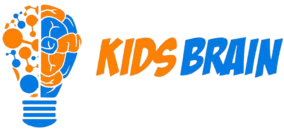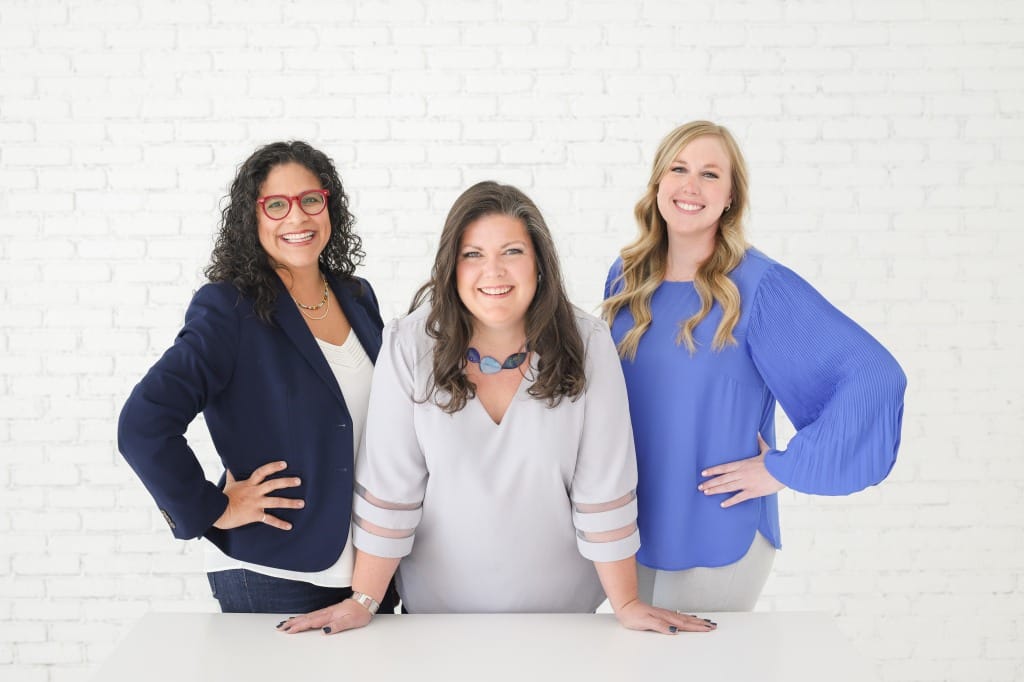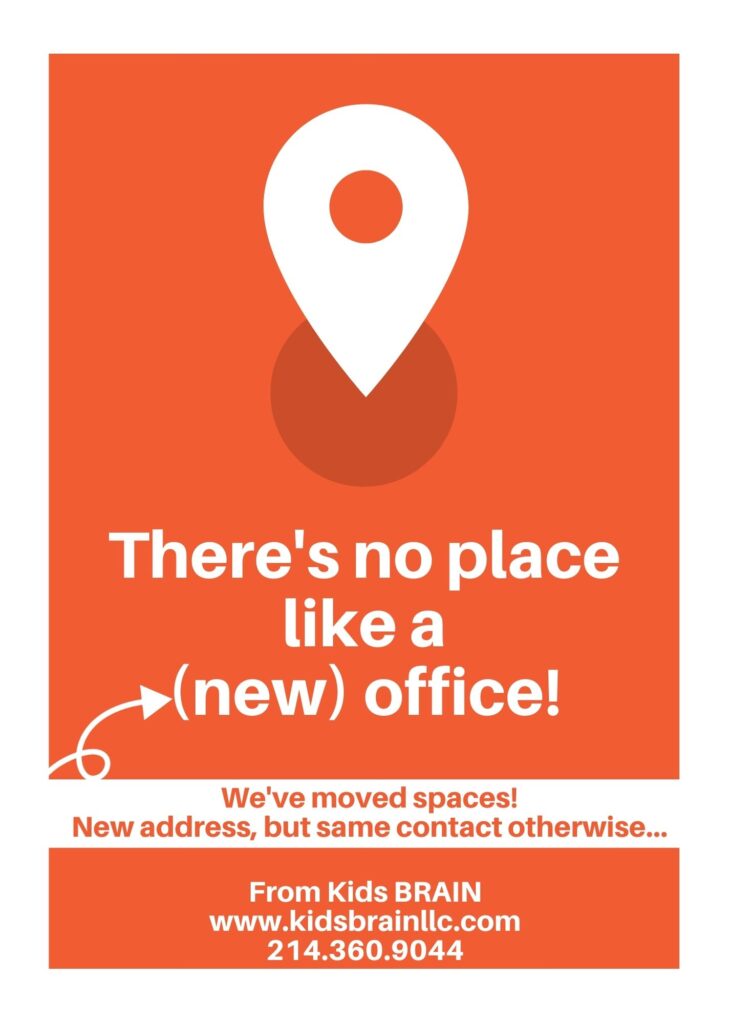Neuropsychological assessment is different. It requires different training, professional experience, and use of materials than a traditional psychoeducational assessment or psychological evaluation. A well-trained neuropsychologist, especially one who works with children, can do all three types of assessment well. This isn’t meant to make my job seem special; it’s really not rocket science. However, not all assessment professionals have the same level and type of skill, which should be part of your decision-making process when you invest in your child by seeking an evaluation.
Choosing the Right Assessment: Why Quality Matters
When a child is experiencing emotional or behavioral problems, there are, unfortunately, no blood tests or scans that can give you a quick and easy answer regarding what’s wrong. Furthermore, children are often not able to tell you clearly what’s bothering them or what their experience looks like. To address this challenge effectively, the key to getting good help is getting a good picture of what’s happening.
In many cases, parents that seek out an assessment at Kids BRAIN will have shopped their options at a couple of places. That is perfectly fine with me, as not all families need the intensity and type of assessment offered at Kids BRAIN. Occasionally, a family ask specifically why the cost of assessment at my practice is a little higher than others.
To answer this question, in this case, is that you get what you pay for, at least at Kids BRAIN. We are not the most expensive practice in town, which is intentional. That’s not why my team entered the field of psychology. However, it takes time to do this process correctly, and time is money sometimes. So, this post is meant to help parents be good consumers of testing professional options.
Getting an idea of what’s happening for a child is not always as simple as we would like. It can be difficult to sort through the many kinds of professionals who diagnose mental health and developmental problems. If the clinician you see is in a hurry or is unfamiliar with the kinds of issues your child is having, you may get a faulty or incomplete picture.
That’s why it’s important to know how to tell whether the clinician you’re seeing for a diagnosis, whether it’s your pediatrician or a mental health professional, is following best practices in determining what’s troubling your child.
Seek a broad evaluation
One of the most common causes of misdiagnosis is focusing only on the parents’ preconceptions about what’s wrong with the child (“Does my son have ADHD?”). Parents often have an idea of what they think may be going on and will seek out an assessment that targets that thing. They look for a psychiatrist for an ADHD evaluation.
Therefore, they seek out a psychoeducational evaluation to see if their child has dyslexia. They sign up for a psychological assessment because they are worried about anxiety. However, determining what is going on diagnostically is a two-part process; establishing what diagnoses make sense AND gathering enough information that you can systematically RULE OUT everything else.
Moreover, the bigger picture of the child’s mood and behavior is essential because the root of the symptoms you’re concerned about might not be obvious.
For instance, a child who seems angry or aggressive might actually be intensely anxious. A child who has trouble paying attention in school might not have, as is commonly assumed, ADHD, but instead be depressed, anxious, sleep-deprived, or struggling with sensory issues (among many other possibilities).
A complete history
Your clinician should ask questions not only about your child’s current mood and functioning but about your child’s history, too. A child’s history includes things from birth to the present and should tackle specific issues like medical history, food and nutrition, sleep, social functions, academic performance, and potential history of trauma/grief/loss. Most parents willingly complete the massive stack of paperwork that comes out of this process at Kids BRAIN, but we really are talking about a long history form, lots of different parent rating scales, and a thorough interview that tries to get as much information as possible.
Consider more than one problem
Considering different causes for a specific behavior or problem is particularly important because it’s very common for kids to have a number of overlapping challenges. Kids who have autism may also have ADHD. Children who have learning disabilities may also have developed depression or anxiety, which won’t go away automatically if they get help on the learning front. If you don’t know what the root(s) of the problem is, no matter how fancy your intervention plan is, it will not cover all of the concerns that are present. It may fail altogether because you have the wrong diagnosis.
Multiple sources
An assessment professional should also not depend solely on parents for information on a child’s functioning. Most children behave differently in different settings, such as at home and at school. Some are completely different children. If a child’s symptoms are appearing only when he’s at home, only at school, or only with one set of people, their symptoms may be interpreted quite differently than if they are occurring across several settings. That’s why it’s important for a professional to gather information from the child himself, parents, teachers, and other adults who have knowledge of him. Screening tools, in the form of questionnaires and rating scales, are often used to collect information from other sources.
Diagnostic tools
There are many specialized diagnostic tools clinicians use to help get an objective take on a child’s behaviors and symptoms. Some of these tools take the form of structured interviews, in which a clinician asks a set of specific questions about a child’s behavior. The questions are based on the criteria for psychiatric disorders as they appear in children. The answers are used to guide the clinician’s thinking in diagnosis. Some of the tools used to aid in collecting information are rating scales, in which the child is rated numerically on a list of symptoms. This allows the provider, who is directly measuring a child’s skills, to then see what the impact of any difficulties (or strengths) looks like in real life. There are specific types of assessment tools that are used to identify specific problems or to point away from a specific possible diagnosis and toward another.
Finding a qualified professional
When looking for a mental health specialist to provide an evaluation for your child, you’ll want to be prepared with questions that will help you decide if a particular clinician is a good match for your needs:
- What kind of training do you have?
- Will I work with someone who is fully licensed or a trainee under supervision?
- How much experience do you have diagnosing children whose behaviors are similar to my child’s?
- How do you arrive at a diagnosis?
- Will you recommend treatment options and make referrals to other professionals if needed?
- Do you work with the school, parents, and/or my child after testing to help them grow and thrive?
We are happy to answer these questions and more at Kids BRAIN so that you feel comfortable that what we offer is a good match for your needs.
Avoid trial and error
One final thing to be wary about is accepting treatment from a clinician who offers to write a prescription without offering a diagnosis or explanation for your child’s behavior. Just as a headache can be caused by many different things, worrisome behavior or moods can be symptoms of a range of psychiatric and developmental disorders. It’s a mistake to try medications to see if they work on the symptoms without a serious effort to understand the causes. This happens, in particular, when a child is hard to manage. Putting a child who’s out of control on medication may be necessary, but it shouldn’t be done in lieu of careful diagnosis, especially since behavioral therapy is surprisingly effective for many children with disruptive behavior.






